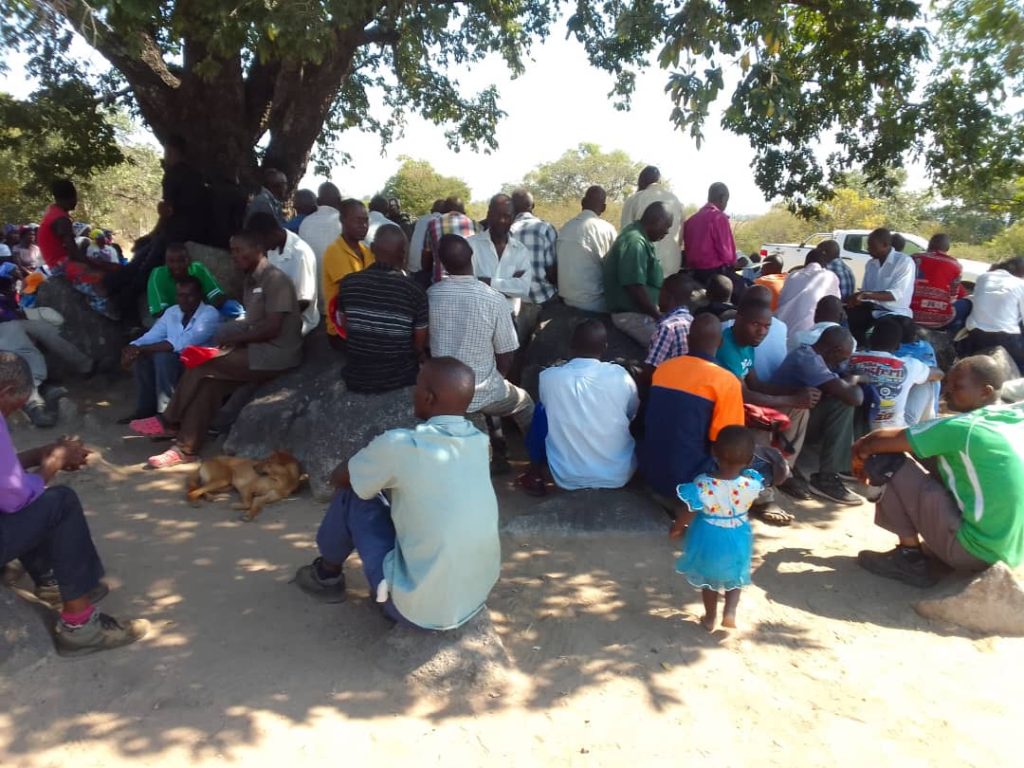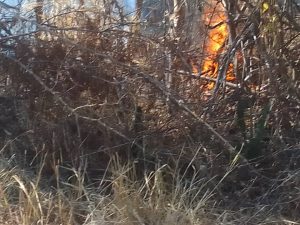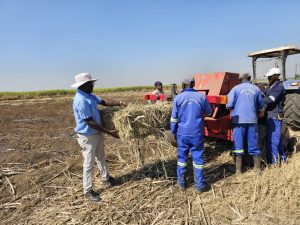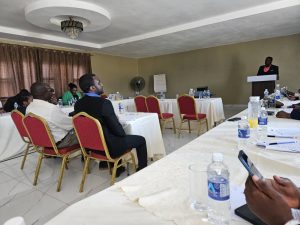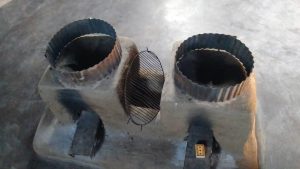Itai Kaunze
Several villagers in the Chasiyatende communal lands last week organised a meeting at Chasiyatende Business Centre with their traditional leader and Member of Parliament (MP) to deliberate on the two gold claims that they have registered with the Masvingo Provincial Mining Directorate.
The villagers discussed ways by which they could raise the funding needed to commence mining operations.
In late 2022, the villagers organized each other and formed two mining syndicates; Chasiyatende Mining Syndicate (14 members) and Runde Mining Syndicate (17 members) to reclaim the gold-rich mining area which had become a hotspot for illegal miners.
Some of the illegal miners were now haphazardly digging at Chasiyatende Business Centre thereby threatening the integrity of buildings.
Speaking at the event, Runde Syndicate leader Rugare Makoho said the members had spent over US$600 to peg and register their claim but much more was needed to buy equipment.
“We paid an equivalent of US$20 to get the prospectors licence and a further US$400 on the person who did the pegging, plus over US$200 on inspection costs. It was an expensive process but we are glad that we succeeded. We now have the certificate which identifies us as the legal owners of the mining land but this is just the beginning. We need to raise just as much to buy equipment and hire people with skills,” said Makoho.
Chasiyatende Mining Syndicate leader, John Gavi said he was pleased that villagers had come together to checkmate illegal miners who had for long wreaked havoc in the area.
“The team work displayed by people of my syndicate was remarkable and we should continue like that going forward. We were all unhappy with the activities of the illegal miners, and the best we could do was to take back our land using the available options,” said Gavi.
He raised concern that the syndicates would forfeit their rights to the claims if they fail to work them and pay the required taxes over the next one year as required by the law.
“We haven’t done the Environmental Management Plans that are required for us to begin operations and we need money to process the paperwork. Time is moving and the government wants to see us working the claims or they take those claims back. I think our MP will assist on that one,” he said.
In response, Chivi Central MP Ephraim Gwanongodza, who was accompanied by Ward 23 Councillor Leonard Tagwireyi, pledged US$400 for the two community mining syndicates to enable them to begin operations.
“I have received reports that this area is rich in both alluvial and reef gold so I support your initiative to take back your resources. I myself am a farmer and do not know much about mining but I will support you with $400 over two months so that you can buy picks, shovels, protective clothing and food for those who do the digging,” said Gwanongodza, who also promised to do much more in the future.
Chief Nemauzhe, in a speech read on his behalf by his representative Fanuel Tawonezvi, said he supported mining that is done procedurally and in accordance with cultural values.
“You must work hard to make sure you make the claims productive and the land is protected. I have heard that it’s easier to register a mining claim than to make it productive. I therefore urge you work hard so that you can make a good living from the claims which are in the land of your ancestors,” he said.
The claims measure 10 hectares each (500mx200m) and it means the whole area that had been targeted by illegal gold miners is now a lawfully-registered mining claim belonging to the villagers.
Dozens of illegal miners, commonly known as makorokoza, were driven out last month by villagers working with police officers sent from Chivi growth point. This was after the local office of the Environmental Management Agency (Ema) raised concern on the degradation that the illegal miners caused on the environment including Tende River.
The illegal mining activities started in 2012, and two business premises housing grinding mills collapsed when the ground underneath caved in. .

